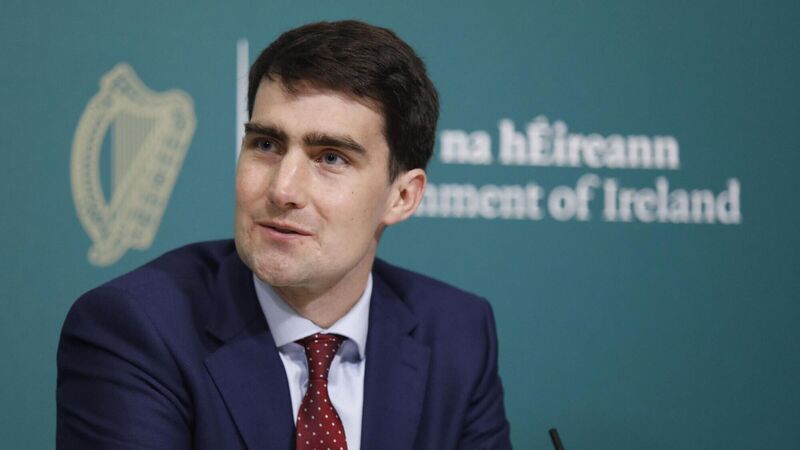Movement on tax bands and USC expected in budget

Finance Minister Jack Chambers has said that the budget's tax package will ensure that people do not find themselves paying a higher rate if they receive a wage increase. Picture: Leon Farrell / Photocall Ireland
Workers are set for a significant financial boost with tax band changes to take account of wage growth, while a move on the universal social charge (USC) now expected in what will be the current Government's final budget.
However, the reintroduction of the special 9% Vat rate for hospitality is all but off the cards, with the Department of Finance claiming it "remains unjustified".













